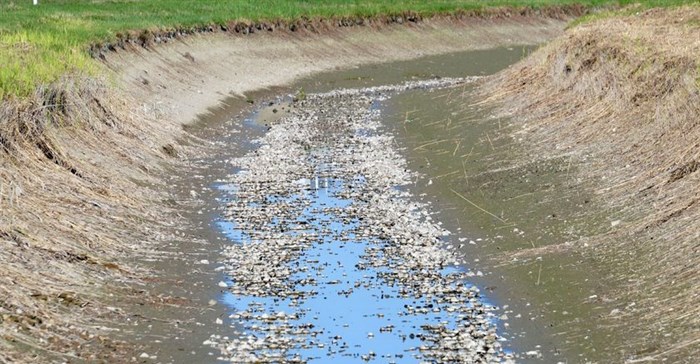The research revealed the complexity of urban governance, illustrating how something that initially appears to be an environmental concern in fact impacts on all aspects of city life, including economic opportunities, politics and social dynamics, among others.
This means that different actors need to be involved in responding to a city-wide event, both within the city, between different spheres of government, and with citizens. But she cautioned that local government in Cape Town – and most other cities – does not have the adaptive capacity to respond flexibly and comprehensively enough.
“New ways of working are needed that build capacity to deal with these problems. Central to this is the ability to strengthen collaboration across actors and draw on robust data and expertise to inform decisions,” added Ziervogel.
Change in attitude needed
The geographical scientist advocates for a change in attitude from relying solely on local government to recognising that everyone needs to play a role in reducing climate risk.
“Climate change adaptation cannot be the responsibility of one actor alone. We saw Cape Town avoid ‘Day Zero’ due to the remarkable collective achievement of halving water consumption. This could only have been achieved through both changing citizens’ and businesses’ water-use behaviour, along with the numerous water-demand management measures implemented by the city.”
Commissioned by the Cities Support Programme within the National Treasury, the paper reflects data collected from interviews with senior officials and experts who were intimately involved in the drought response. The information is then distilled into 12 lessons across four areas of action: strengthening governance; improving data, knowledge and communication; taking a systemic approach; and building adaptive capacity.
While the paper uses the Cape Town drought as a case study, it also speaks to the wider issues of how a city responded to a widespread climate shock, including highlighting areas that need strengthening in the bid to build more resilient, well-adapted cities.
For example, if low-income housing developments are built on a flood plain without consideration of ventilation and how hot they might get, residents will be negatively affected.
“Many of these residents are also unlikely to have the insurance to deal with flood impacts and will battle to pay the price of health costs,” Ziervogel warned.
Download the full research paper.































































